Joint response to invitation to comment on ISSB’s Exposure Draft Methodology for Enhancing the International Applicability of the SASB Standards and SASB Standards Taxonomy Updates
Download → here
The Australian Accounting Standards Board (AASB) and the Sustainability Standards Board of Japan (SSBJ) are pleased to have the opportunity to provide comments on the Exposure Draft Methodology for Enhancing the International Applicability of the SASB Standards and SASB Standards Taxonomy Updates (Exposure Draft) published on 11 May 2023.
The AASB and SSBJ have both publicly stated support for the ongoing work of the International Sustainability Standards Board (ISSB). Our respective Boards are committed todeveloping jurisdictional content that builds on the global baseline of sustainability-relatedfinancial reporting requirements established by the ISSB. Consequently, we welcome anyopportunities to provide comments on projects of international significance, such as the Exposure Draft.
The AASB and SSBJ have provided individual submissions to the ISSB in response to the Exposure Draft, which detail issues that each Board considers important for their jurisdiction.1
We provide this joint submission to highlight some of the common concerns that both theAASB and SSBJ have regarding the Exposure Draft. In particular, this joint response highlights four key matters that we consider significant to enhancing the international applicability of the SASB Standards.
Our joint submission aims to constructively contribute to the development of internationally relevant and useful industry-specific disclosures and support the ISSB's efforts towards developing a global baseline for sustainability-related financial reporting requirements.
International applicability of the SASB Sustainable Industry Classification System
The SASB Sustainable Industry Classification System*(SICS) is essential to reporting underthe SASB Framework. It facilitates the grouping of entities into common industries andsectors and, in turn, the identification of financially material sustainability topics on which an entity should report. While the SASB SICS may be suitable for companies operating in the United States, they are not necessarily suited for international stakeholders.
There are significant differences and variations in the types of industries that exist globally.These industries commonly have distinct characteristics and therefore face uniquesustainability-related financial risks and opportunities. The SASB SICSO are primarily representative of United States-based industries and therefore do not necessarily align withthe types of industries that are present in different jurisdictions internationally. Thismisalignment makes the SASB SICS° dificult to apply in an international setting andtherefore limits the relevance and utility of these materials to an international audience.
Both the AASB and SSBJ are of the view that there must be a greater global consensus on the use of SASB SICS as the industry classification system for sustainability-related financial disclosures via the ISSB. The SASB SICS may be a suitable starting point for the development of an industry classification system.
However, without suitable customisation,they are not suitable for international users in their present form. Consequently, we recommend that the ISSB consider a process and methodology for internationalising the SASB SICS and expose this for public consultation, together with the revised content itself.
We recognise that this task would require the ISSB to commit significant time and resources.However, we consider this to be a priority because it will significantly help to improve therelevance of any industry-specific requirements to international stakeholders. We are of theview that starting this task soon will provide the ISSB with the opportunity to incorporate industry-specific disclosure requirements into the IFRS Sustainability Disclosure Standards ata later stage.
......






















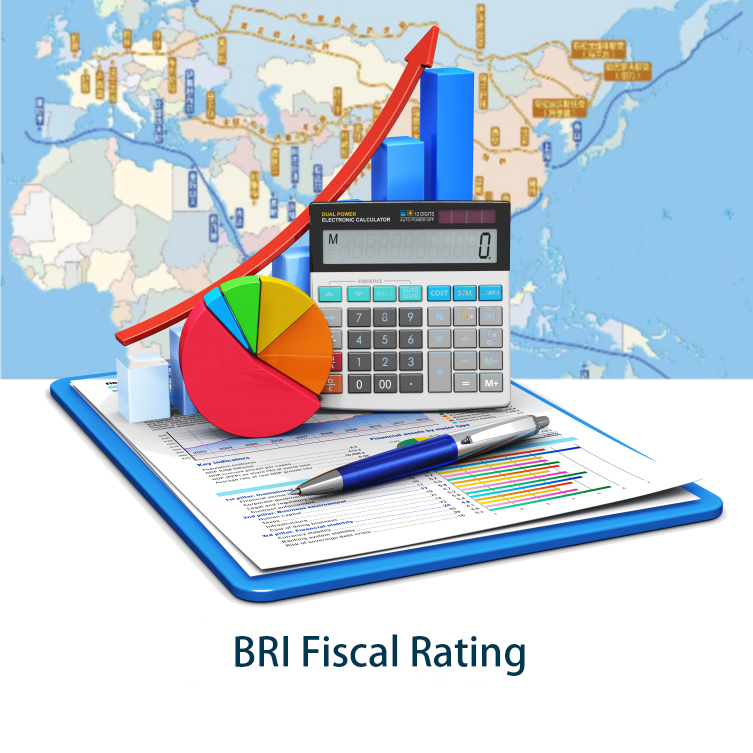
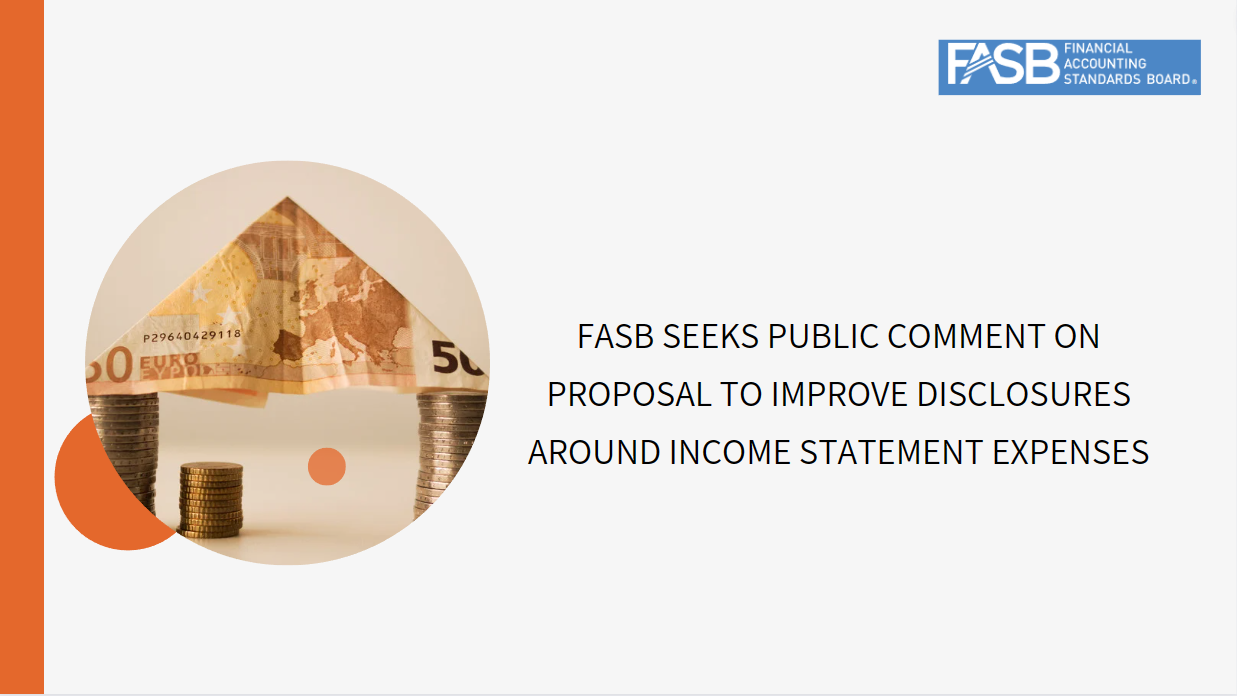
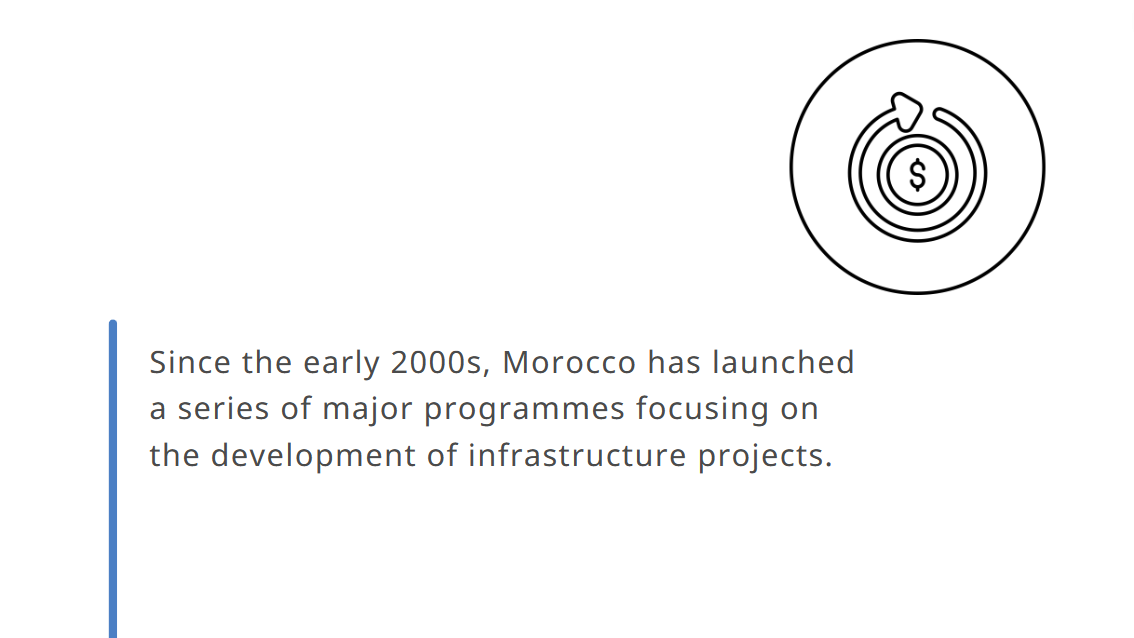
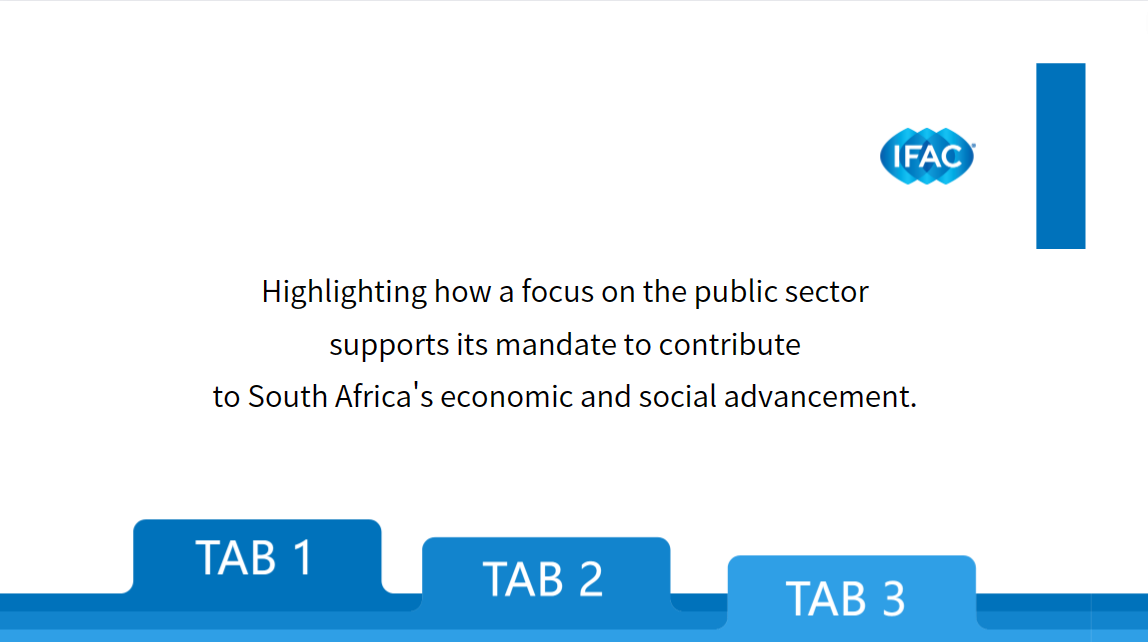
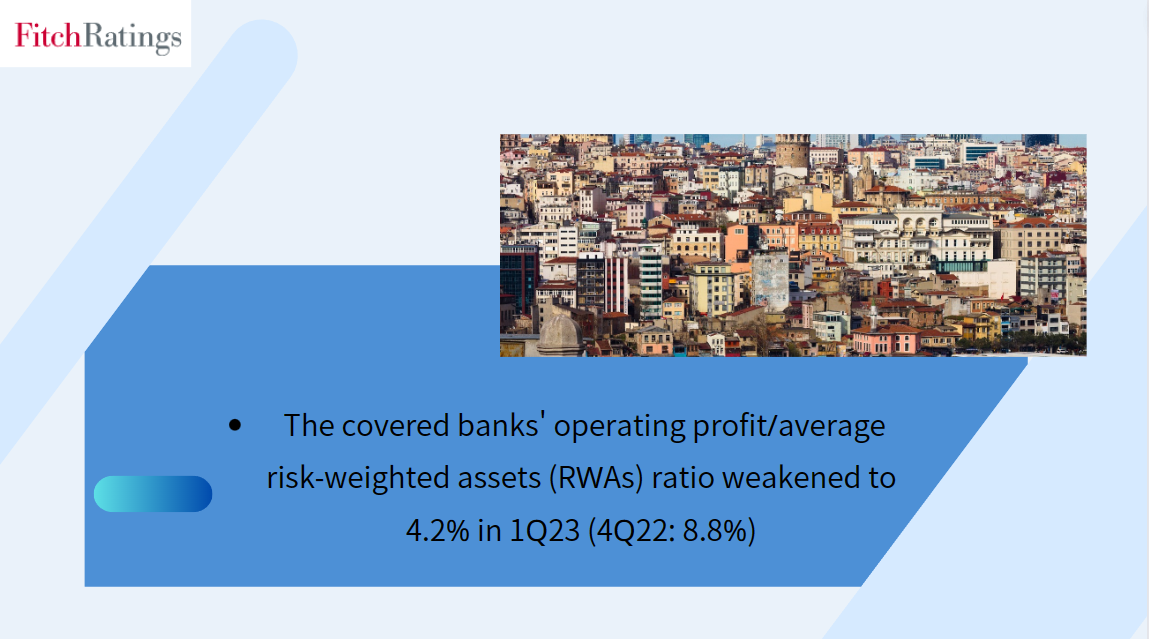




























First, please LoginComment After ~